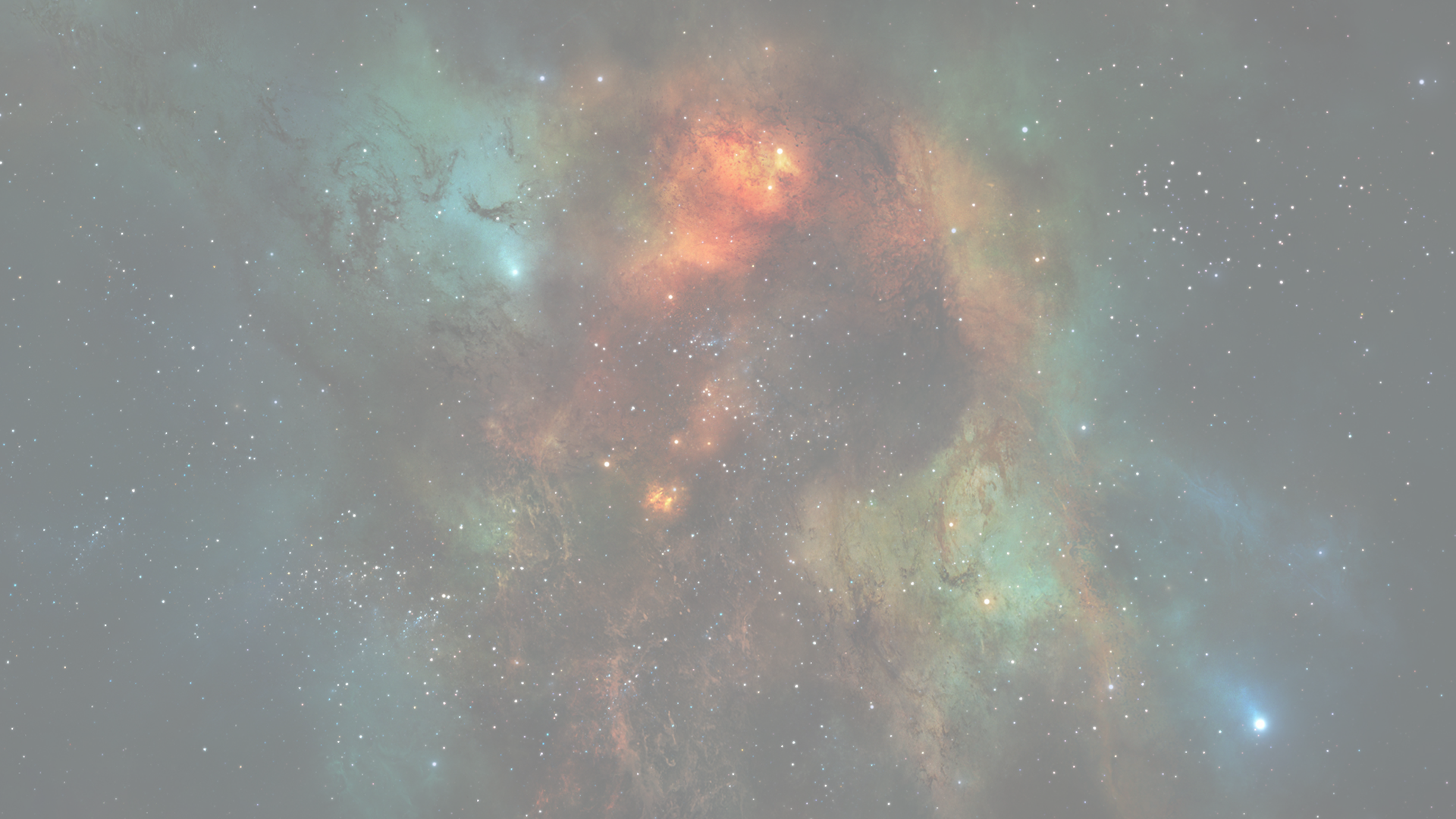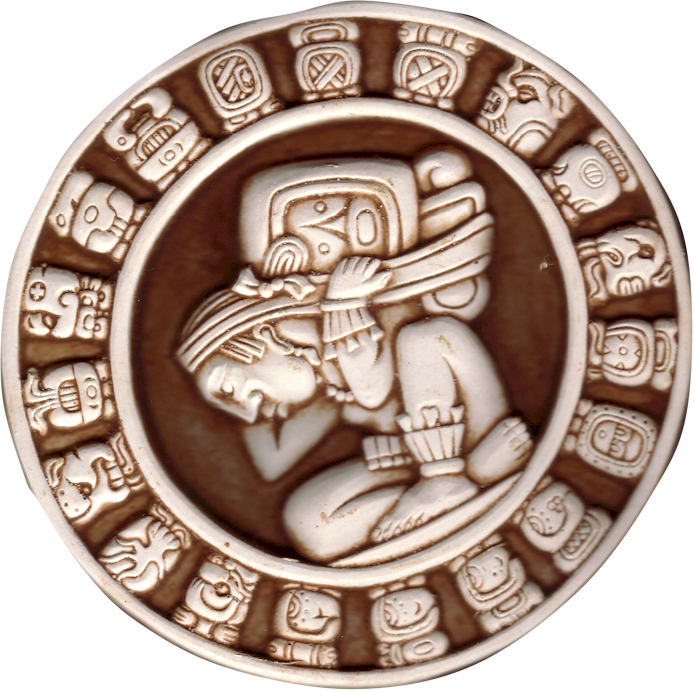
So how did a puny ape emerge from Africa to rule the world?
A Brief History Of Humankind looks like an audacious endeavour until you recall that publishing is littered with such tomes. The Bible, of course, kick-started the genre.
Few omni-histories, however, are written with the panache of Yuval Harari’s Sapiens which emits illuminating observations in the manner of a bouncing cigarette showering sparks on a road at night.
Contra The Bible, Harari sees no great purpose, or even progress, in human evolution; it’s really down to chance. A middle-ranking ape, Homo Sapiens took to eating meat, sucking out the marrow from the leftover meals of big cats on the savannah.
A Brief History of Humankind, by author Yuval Noah HarariA Brief History of Humankind is already a bestseller in Israel [ GETTY]
Meat gave energy and saved foraging time. You have to eat an awful lot of leaves to power a big brain. So we left the veggie apes behind circa 2.5 million years ago.
Harari touches the familiar landmarks in the early human story: standing up, which we paid for with “backache and stiff necks”; control of fire, which gave us the ability to control animals and to cook them.
However, with considerable chutzpah, Harari champions gossip as an evolutionary game-changer. Exchange of information about who was reliable (and who was not) catalysed language. This began what Harari, a don at the Hebrew University of Jerusalem, calls the Cognitive Revolution which has, in turn, been followed by Agricultural and Scientific Revolutions to mark the three great eras of history.
Somewhat bleakly, Harari comes close to suggesting our best days are behind us. We were fitter, had more leisure, were less exploited when we were hunter-gathering in Eden. Today we slave to shop 24/7.
If our human narrative is meaningless, Harari does identify two definite historical trends. Firstly, Homo sapiens is an “ecological serial killer”; “sapiens” means wise and we are laughably anything but.
Quite possibly, our first victims, in a gruesome fratricide, were kindred human species walking the earth, such as the Neanderthals. Then we slaughtered the megafauna, the mammoths and the giant sloths and these days we pretty much exterminate everything on the blue planet.
The other tendency in human affairs is the concentration of power; tribes have been replaced by nations, nations by empires and empires by today’s global capitalism under the control of a “multi ethnic elite”. Harari is indebted to Karl Marx for that last one although al-Qaeda and ISIS are yet to be convinced that the West way is the best way.
There’s another great age in the annals of Homo Sapiens and Harari omits to mention it: The Age Of Entertainment. There are questionable assertions and demi-truths aplenty in Sapiens (Caesar Augustus “militarily incompetent”?
The besting of Antony and Cleopatra suggests otherwise) yet such is Harari’s ability as the ringmaster of slick phrasing and the magician of flash ideas that the reader struggles to notice them and cares even less.
Related articles
Man At The Helm review: A joyous read full of wit and charm
Stone Mattress review: A tale bursting with dark humour and withering commentary
Frank Muir, Gyles Brandreth and Charles Dickens: Martin Jarvis' six best books
David Mitchell's The Bone Clocks is an 'epic' Cloud Atlas follow-up
We Are Not Ourselves review: 'Unflinching' novel about Alzheimer's
Harari is the consummate showman. A salesman too. He peppers the book with questions then answers, “We just don’t know.” Ah but if we join the 65,000 people already taking the prof’s online course, as flagged on the jacket, will we get answers?
Harari is historian as entertainer, entrepreneur, prophet and provocateur. Sapiens is a starburst of a book, as enjoyable as it is stimulating.
Just one more thing, as Colombo used to say on TV. Perhaps a brain fashioned for survival in the African bush has no idea of the right questions to ask. There may be reason to the universe. We are just not wise enough to see it.
Sapiens? As if.


